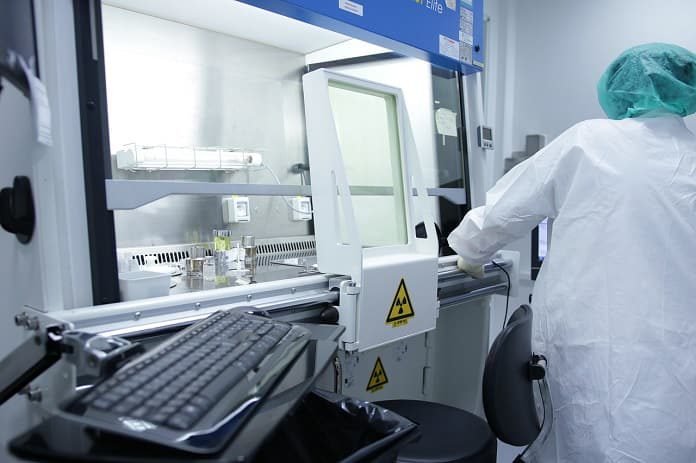A dendritic cell-based vaccine targeting HER2 has shown immense promise in a phase-1 clinical trial, as presented at the CRI-CIMT-EATI-AACR International Cancer Immunotherapy Conference.
HER2 is a type of receptor that is found on the surface of certain cancer cells. Specific hormones and growth factors can bind to this receptor and signal abnormal proliferation of the cells expressing this protein, leading to aggressive cancer growth. Therefore, blocking this receptor has been established as a favorable strategy to impede the growth of cancers that express this receptor. Patients that have this receptor on their cancer cells are classified as HER2- positive.
Current diagnostic methods aim to make this classification so that clinicians can administer specific therapies to patients that have this protein and also identify patients that will not benefit from therapies targeting HER2. The recent success of immunotherapies has allowed investigators to engineer specific classes of immune cells to recognize such aberrantly expressed proteins.
One of these successes was recently presented at the Fourth CRI-CIMT-EATI-AACR International Cancer Immunotherapy Conference that took place in New York, the United States on September 30 – October 3, 2018, according to a press release.
Investigators from Vaccine Branch at the Center for Cancer Research at National Cancer Institute in Maryland, United States, took a class of immune cells from cancer patients, used viral methods to engineer them to express chunks of HER2, and then reinfused them back into the patients. Such an approach allows the generation of a repertoire of immune cells that are spurred into action after they are “taught” to recognize HER2 by the infused immune cells. This allows immune cancer cells to specifically target resident tumors expressing HER2.
In a striking observation, the investigators found that one patient with ovarian cancer had a complete response that lasted 89 weeks. Similarly, another patient with gastroesophageal had a partial response that lasted 16 weeks.
In four patients with colon cancer and prostate cancer, the cancer cell growth plateaued out and did not progress further. A total of 11 patients were enrolled in this clinical trial and injected with 10 to 20 million dendritic cells per injection at weeks 0, 4, 8, 16, and 24 post-enrollment. Six of the 11 patients receiving this treatment had documented clinical benefits. What is encouraging is the finding that no cardiotoxicity was observed and the adverse reactions were mild.
The investigators hinted that they aim to test a combination of pre-existing checkpoint immune therapies and the vaccine to assess if it will improve the response in cancer patients.
Written by Vinayak Khattar, Ph.D., M.B.A.
Reference: New cancer vaccine shows early promise for patients with HER2-positive cancers [Internet]. EurekAlert!. 2018 [cited 31 October 2018]. Available from: https://www.eurekalert.org/pub_releases/2018-09/aafc-ncv092718.php



